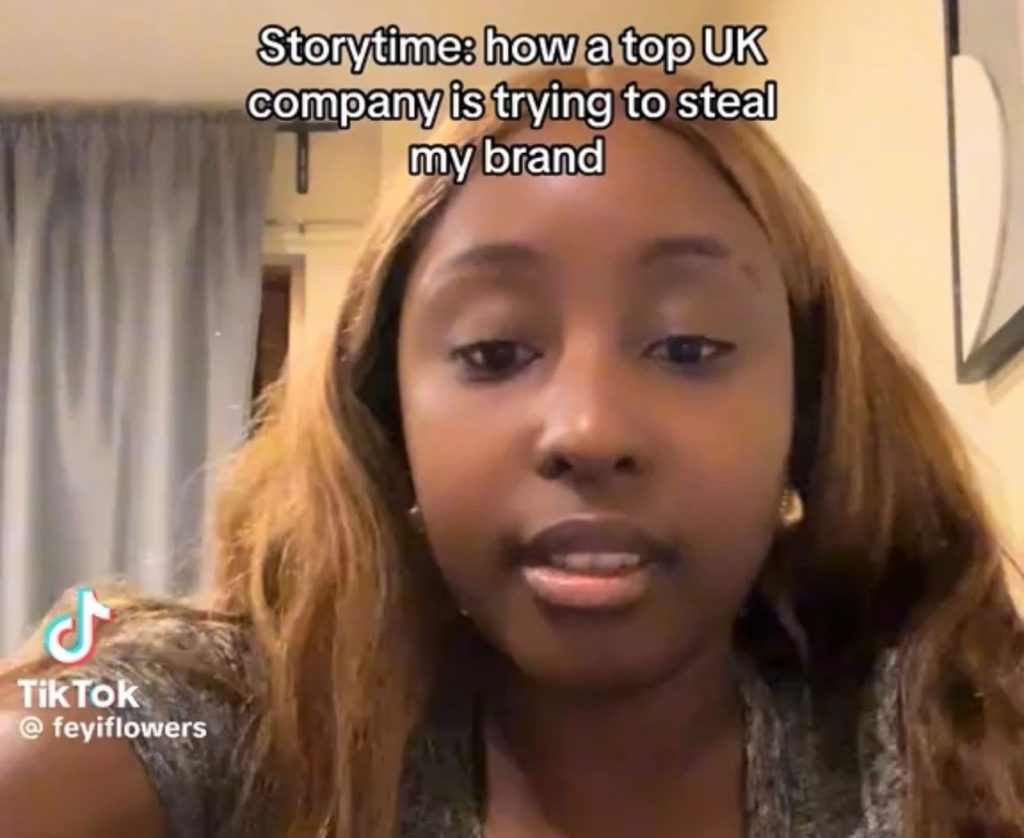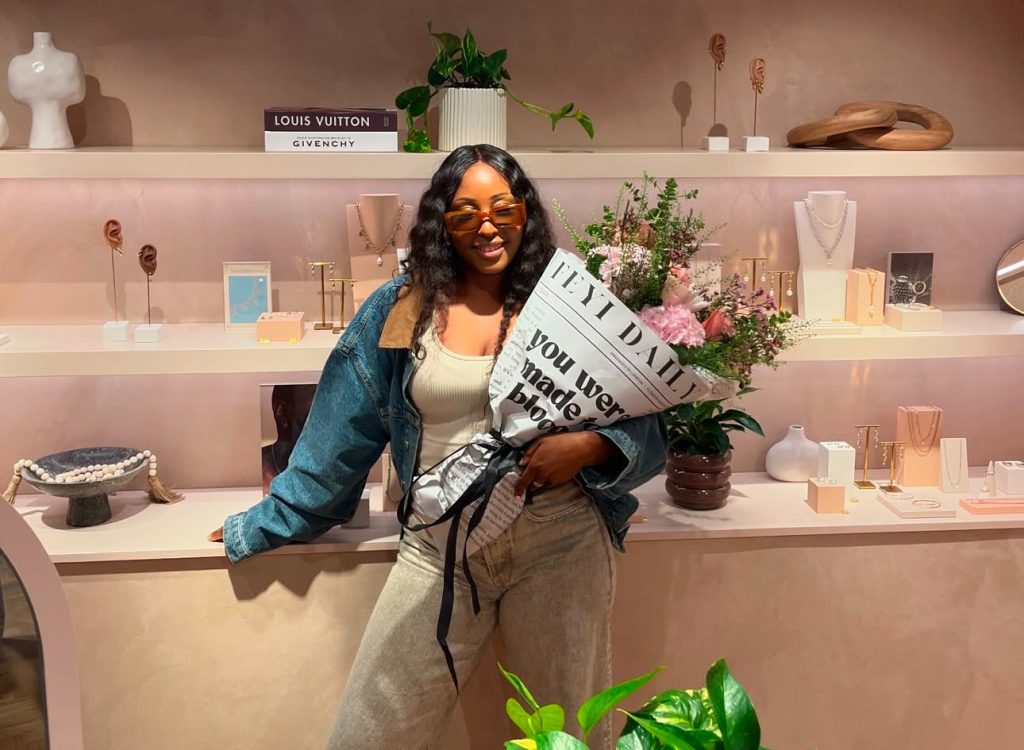Brand theft is a troubling issue that many entrepreneurs face, undermining the creativity and dedication that go into building something unique. It’s not just about the financial impact; it’s about seeing your hard work and originality stolen, often by competitors who leverage their size or resources to benefit from your ideas. Having experienced this personally, I understand just how devastating it can be.
In 2006, while running a world leading surf travel company, I found myself the victim of blatant brand theft. A start up company copied not just aspects of our business model but even went so far as to lift our terms and conditions (leaving my company name in the text), product names, and used some of our suppliers. It was both infuriating and disheartening, a stark reminder of how some will bypass effort and ethics to replicate someone else’s success. It is a bitter pill to swallow when other people rip off hard working entrepreneurs.

This issue isn’t confined to any one sector, as a recent case in the UK highlights. Feyi Flowers, a small, black-owned business known for its beautiful flower bouquets wrapped in personalised newspaper, found itself the target of idea theft. The founder of a much larger company, DonutTimeUK, followed Feyi Flowers on Instagram, placed an order, and closely observed their work. Not long after, a new flower business, FondFlowers, appeared in collaboration with DonutTimeUK. The concept and branding were strikingly similar. Further investigation revealed that FondFlowers is run by the girlfriend of DonutTimeUK’s founder, with both businesses registered at the same address.
This is the harsh reality for small businesses when larger players with more resources co-opt their ideas. It’s not just the financial strain or the potential loss of market share; it’s the emotional blow of seeing something you’ve poured your energy and creativity into appropriated by others. It can feel like an uphill battle for small entrepreneurs to protect their work against such tactics.
Thankfully, in Feyi Flowers’ case, the public rallied behind the brand. Celebrities such as Stormzy and Melissa’s Wardrobe have supported the business, helping to bring it into the spotlight. While this outpouring of support is heartening, it shouldn’t take such incidents to make people realise the value of originality and the importance of supporting small businesses.

Brand theft damages not only the victims but the broader entrepreneurial landscape, discouraging innovation and eroding trust. Entrepreneurs need to find ways to protect their work, whether through trademarks, intellectual property measures, or community support. However, the real solution lies in fostering a culture that values integrity and respects the effort that goes into building something unique.
This is an issue that needs more attention. Stories like Feyi Flowers and my own experience serve as a warning and a call to action. By raising awareness and supporting those who face such challenges, we can create an environment where creativity and hard work are celebrated rather than exploited.
Visit Feyi Flowers at https://feyi.co.uk/





